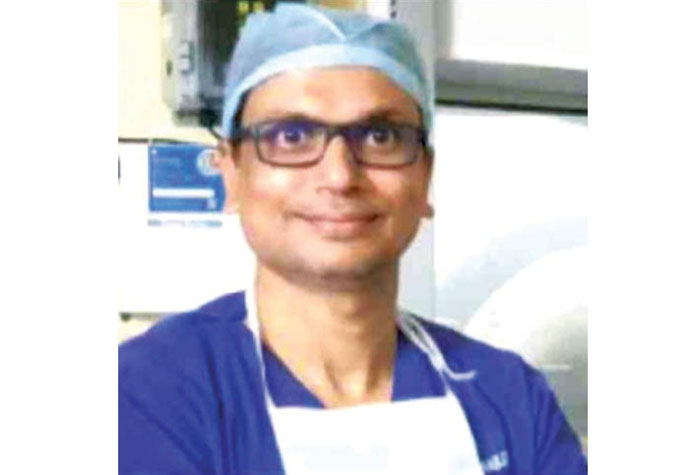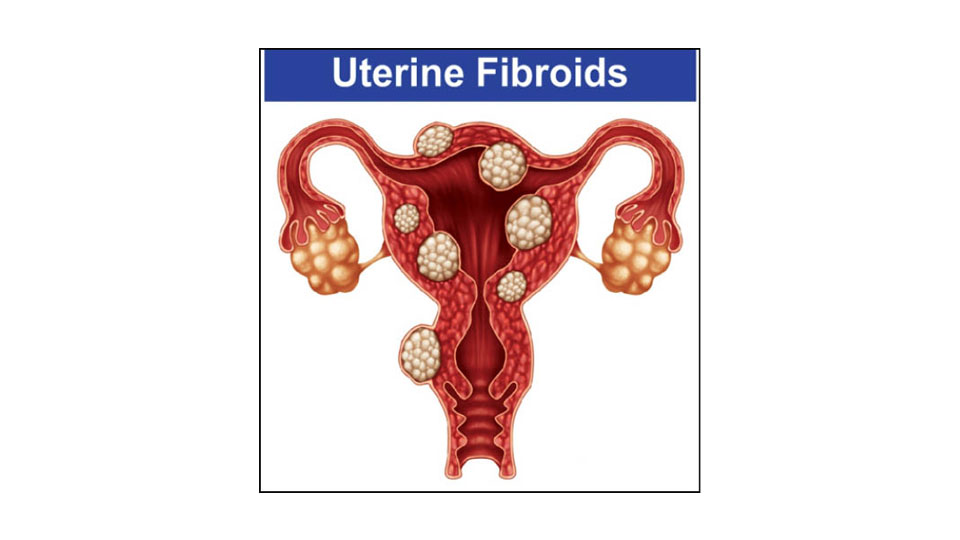By Dr. Shailesh Shivraj Pene, Consultant, Department of Imaging and Interventional Radiology, NH, Mysuru
What are uterine fibroids?
Uterine fibroids are non-cancerous growth of the uterus that often appear during child bearing years. They may be single, multiple, small or large in size. Fibroids tend to increase in their size with age throughout women’s reproductive life.
What are the symptoms of fibroids?
Most of the women having fibroids do not have any symptoms. Symptomatic women may have heavy menstrual bleeding which may last more than a week, pelvic pressure and pain, frequent urination and difficulty in emptying the bladder, constipation, backache and pain during intercourse.
Can fibroids cause infertility?
Fibroids generally don’t interfere with getting pregnant. However some types of fibroids (sub mucosal fibroids) could cause infertility and pregnancy loss.
What are the causes of fibroids?
It is unclear why fibroids develop and the cause is not known. Genetic, hormonal, family history and obese people may develop fibroids.
How is it diagnosed?
Fibroids can easily be diagnosed with imaging methods such as ultra sonography and MRI.
What are the treatment for fibroids?
Conventional surgical procedures for fibroids are hysterectomy (Removal of uterus) and myomectomy (Removal of individual fibroids). Uterine artery embolisation (UAE) is an alternative approach to management of fibroids.

What is Uterine Artery Embolisation?
Uterine artery embolisation is a minimally invasive procedure for treating uterine fibroids. It is an angiographic technique where a small catheter is introduced into the blood vessels. The blood vessel supplying the fibroids is identified via angio -graphy. It is blocked using special medicinal particles (PVA particles), resulting in shrinkage and death of fibroids.Single or multiple fibroids can be treated with the help of Uterine Artery Embolisation.The hospital stay is minimal in this kind of procedure with no major complications.
We at Narayana Multispeciality Hospital, Mysuru, offer this novel technique for treating uterine fibroids and thus preserving the uterus of the patient.








Recent Comments